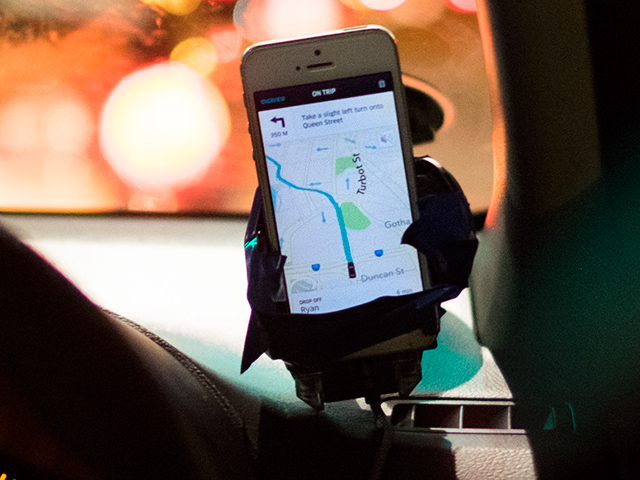The sustained impact of the COVID-19 pandemic continues to present challenges to South Africa’s economy. Unfortunately, the impact of the pandemic has been felt disproportionately by those who work outside of formal employment, particularly the rising number of workers who rely on gig platforms for income.
Today the Fairwork Project is releasing a set of scores which evaluate gig economy platforms such as Uber, SweepSouth, and MrD against a set of fair work standards. In the current circumstances, their findings about the situation of gig workers in South Africa are more relevant than ever.
Digital labour platforms hold the potential to reduce South Africa’s sky-high unemployment and inequality, with an estimated 30 000 workers engaged in location-based platform work like taxi driving, delivery and cleaning.
However, there is growing evidence that platform workers worldwide face unfair work conditions, and lack the benefits and protections afforded to employees.
“Work in the gig economy is often unsafe and insecure. Workers lack protections afforded to regular employees and are vulnerable to unfair practices like arbitrary termination, often based on inequitable regimes of customer ratings. It is important to understand and highlight unfair labour practices in the gig economy, and to assist workers, consumers and regulators as they hold platforms to account,” said Professor Jean-Paul van Belle, Department of Information Systems, University of Cape Town.
To understand the state of gig work in South Africa, Fairwork, a collaboration between the Universities of Oxford, Cape Town, the Western Cape and Manchester, assessed twelve of the country’s largest digital labour platforms against five principles of fairness - fair pay, fair conditions, fair contracts, fair management, and fair representation - giving each a fairness rating out of ten.
GetTOD leads the 2021 table with nine points, while M4Jam, SweepSouth, and NoSweat are tied in second place with eight out of ten points. Indeed, the top six platforms in the 2021 global ranking were South African owned and led.
The 2021 report also highlights some of the changes within the gig economy during the sustained lockdowns of 2020 and 2021. While the food delivery sector has increased, the lockdowns, curfews and alcohol bans have had a significant impact on the e-hailing sector. Similarly, in-person service delivery platforms, such as domestic work and handman services, have been challenged by travel restrictions, social distancing and other COVID safety measures.
Nonetheless, regardless of the sector in which gig workers operate, all workers are more vulnerable to exposure to COVID-19 due to their inability to work from home. Furthermore, the lack of sick pay for many workers means that if they need to self-isolate, they face severe financial insecurity. Without UIF or sick pay, gig workers have no safety net.
The research also found that almost all platforms operating in South Africa pay at least the minimum wage. However, when workers’ expenses (such as petrol, transport costs and waiting times) were taken into account, evidence could only be found that six out of the eleven platforms paid workers above the minimum wage. Only three of the platforms included in the ranking demonstrated evidence of workers earning above the current living wage of R41/hour.
Growing numbers of South Africans find work in the gig economy, and digital platforms are frequently heralded as a solution to mass unemployment. However, the employment challenge facing South Africa is not simply the quantity of jobs but also the quality of jobs being created.
“Decent work and job creation are not mutually exclusive. This is why, by bringing workers and other stakeholders to the table, Fairwork is developing an enforceable code of basic worker rights that are compatible with sustainable business models”, says Dr Kelle Howson, Oxford Internet Institute Researcher.
The report also highlights some positive improvements during the COVID pandemic.
“This year we are pleased to highlight platforms who have embraced their social responsibility and pro-actively addressed the economic impact of the pandemic amongst their workers. This includes educational opportunities, food vouchers and financial COVID-19 hardship funds”, says Dr Louise Bezuidenhout, Department of Information Systems, University of Cape Town.
Other important changes in 2020/21 have been the public commitments by SweepSouth towards equality, diversity and collective bargaining; and the alignment of getTOD’s terms and conditions with South African, rather than UK, legislation.
Fairwork is pleased to continue its work with platform managers to suggest further avenues for improvement.
To view the report Fairwork South Africa Ratings 2021: Labour Standards in the Gig Economy, please visit https://fair.work/wp-content/uploads/sites/131/2021/07/Fairwork-South-Africa-2021-report.pdf .





